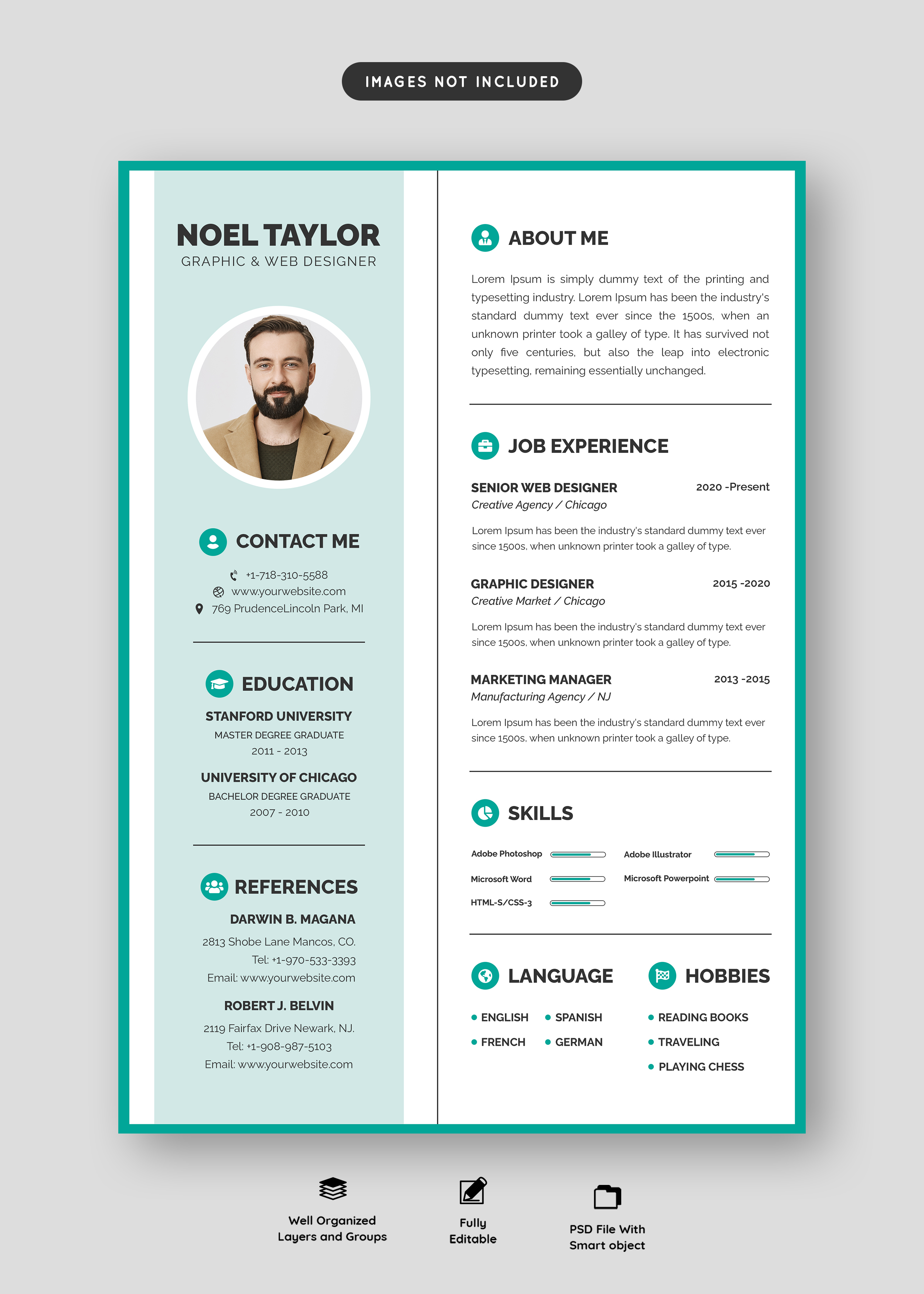How to Create a Kenyan CV That Gets You Hired
KenyaHowTo Team
April 28, 2025

Start by using a simple and professional format. Avoid flashy designs and stick to clean fonts like Arial or Times New Roman. Keep the layout easy to read, with clear headings and consistent spacing throughout the document.
Begin your CV with your personal details. Include your full name, phone number, email address, and LinkedIn profile if available. Avoid adding too much personal information such as marital status, religion, or nationality unless it’s specifically requested.
Write a strong career objective or personal statement next. In two to three sentences, describe who you are professionally, your main skills, and what you hope to achieve in your next role. Tailor it to the specific job you are applying for.
List your professional work experience in reverse chronological order. Start with your most recent job and work backward. For each role, include the job title, employer’s name, location, and employment dates. Use bullet points to describe your main duties and achievements.
Focus on achievements rather than responsibilities. Instead of just stating your tasks, show how you added value. For example, instead of writing "Managed a sales team," write "Increased regional sales by 25% within one year."
Include your education details after work experience. Mention the institution's name, the course studied, the qualification obtained, and your graduation year. If you have strong academic achievements, such as a first-class degree or honors, highlight them.
Add relevant certifications, licenses, or professional memberships. These could include CPA qualifications, project management certifications, or memberships in professional bodies like IHRM or EBK. This shows your commitment to continuous professional development.
Highlight your key skills in a dedicated section. These should match the skills requested in the job description. Examples could be leadership, communication, data analysis, or digital marketing skills depending on your field.
Include languages you are proficient in if relevant to the job. In Kenya, listing English, Kiswahili, and any other local or international languages you speak fluently can give you an advantage, especially for customer-facing roles.
Keep the CV length appropriate. Ideally, your CV should be one to two pages long. For fresh graduates, a one-page CV is sufficient. For professionals with more experience, two pages is acceptable but avoid going beyond that unless necessary.
Use action words and power verbs throughout your CV. Words like "developed," "managed," "initiated," and "achieved" sound stronger and make your profile more dynamic. Avoid passive language that can make your CV sound dull.
Always tailor your CV for each job application. Do not send the same generic CV to all employers. Customize your career objective, highlight the most relevant skills, and adjust your experience descriptions to match the job description.
Proofread your CV carefully before sending it out. Spelling and grammar mistakes can create a negative impression. Ask a trusted friend or mentor to review your CV to catch any errors you might have missed.
Save and send your CV as a PDF file unless instructed otherwise. A PDF keeps your formatting intact across different devices and makes your CV look more professional to employers.
Finally, always update your CV regularly. Even if you are not actively job hunting, keeping it updated ensures you are always ready for new opportunities that may come your way unexpectedly.
Creating a strong Kenyan CV requires effort, attention to detail, and a clear understanding of what employers are looking for. Follow these steps carefully and you will greatly improve your chances of getting hired in Kenya's competitive job market.




